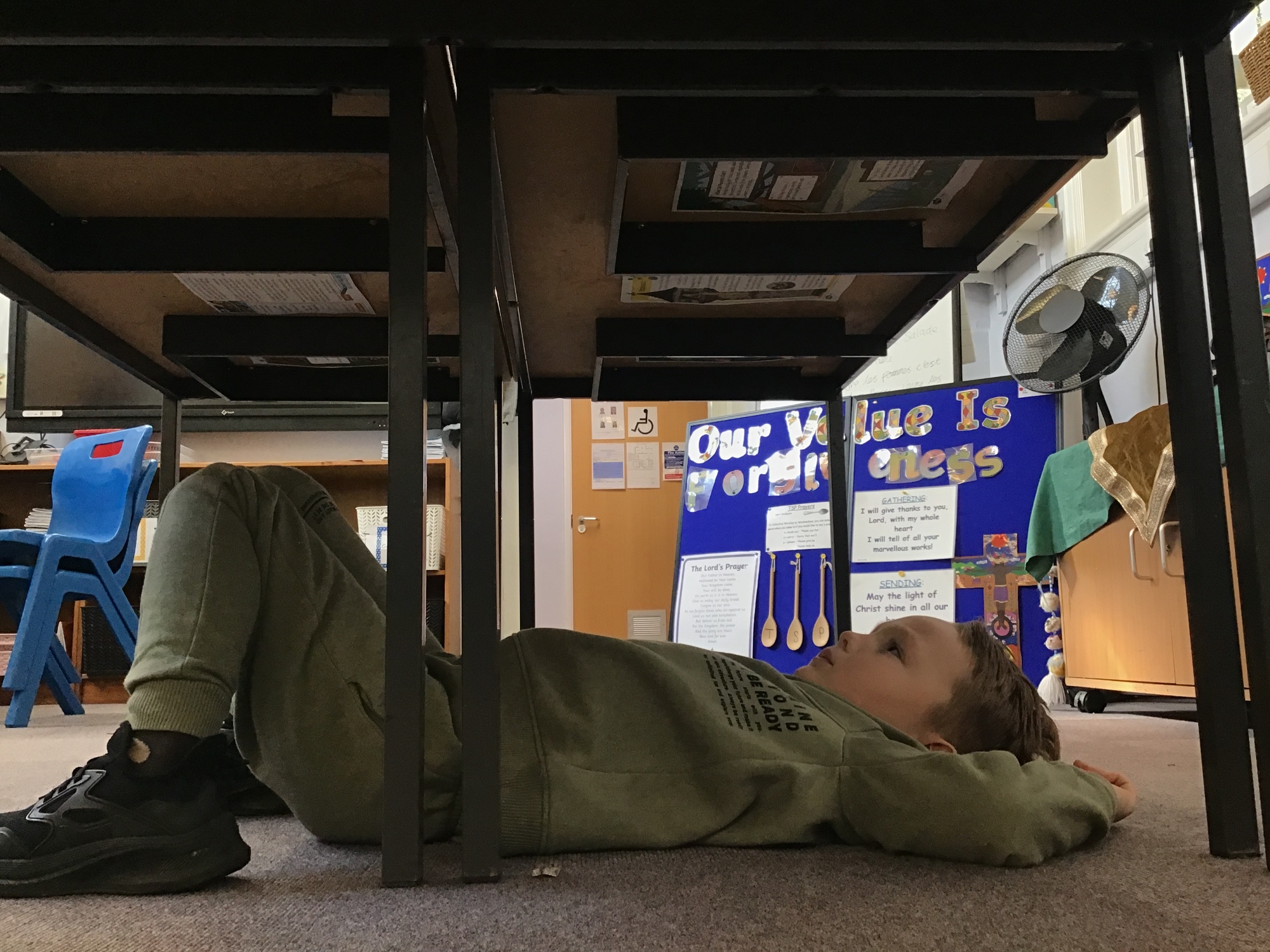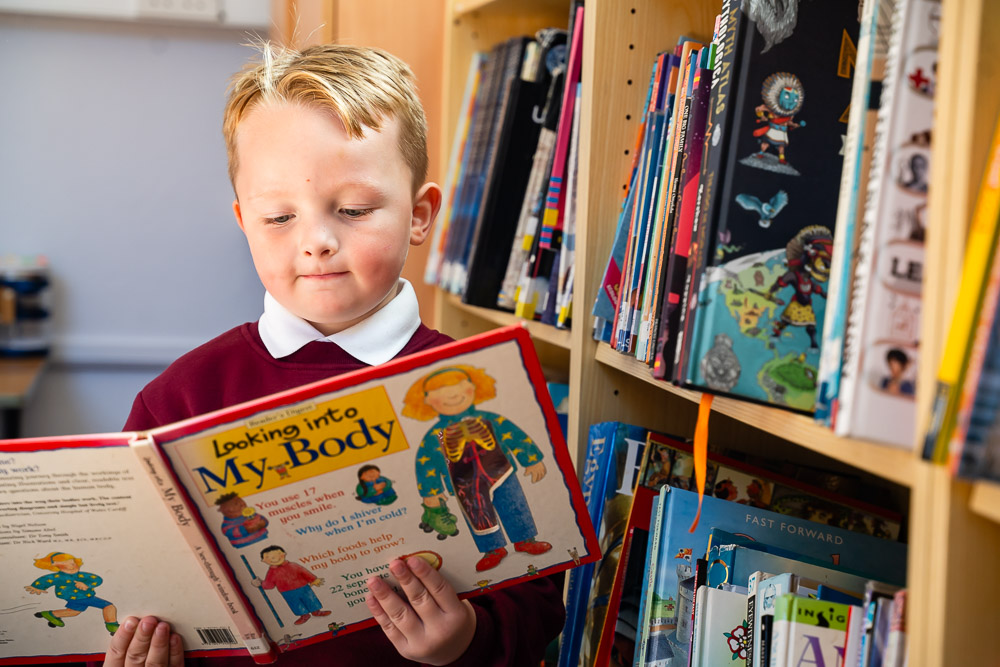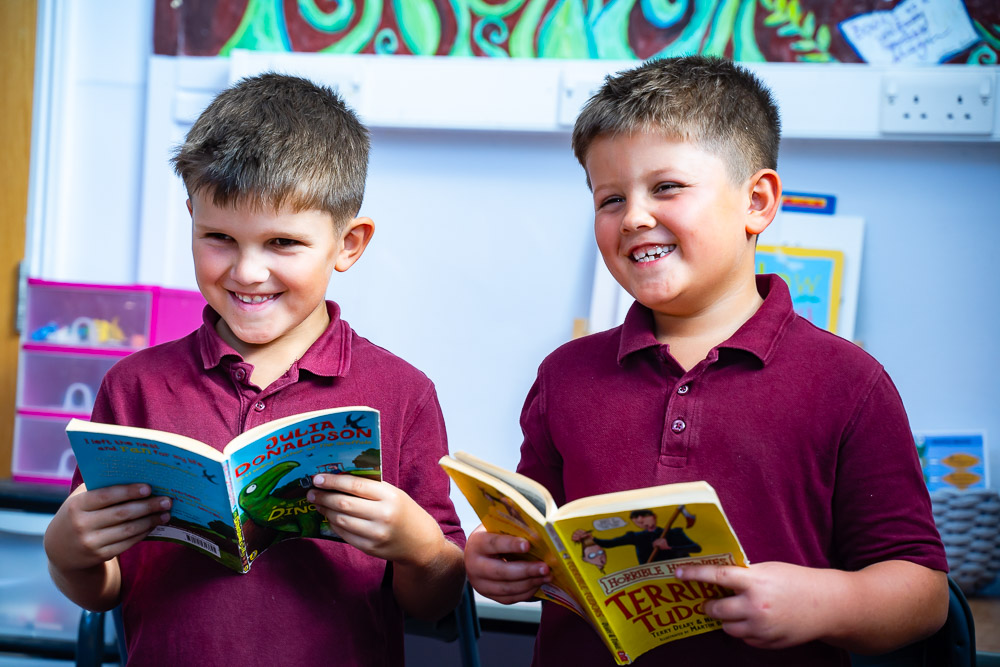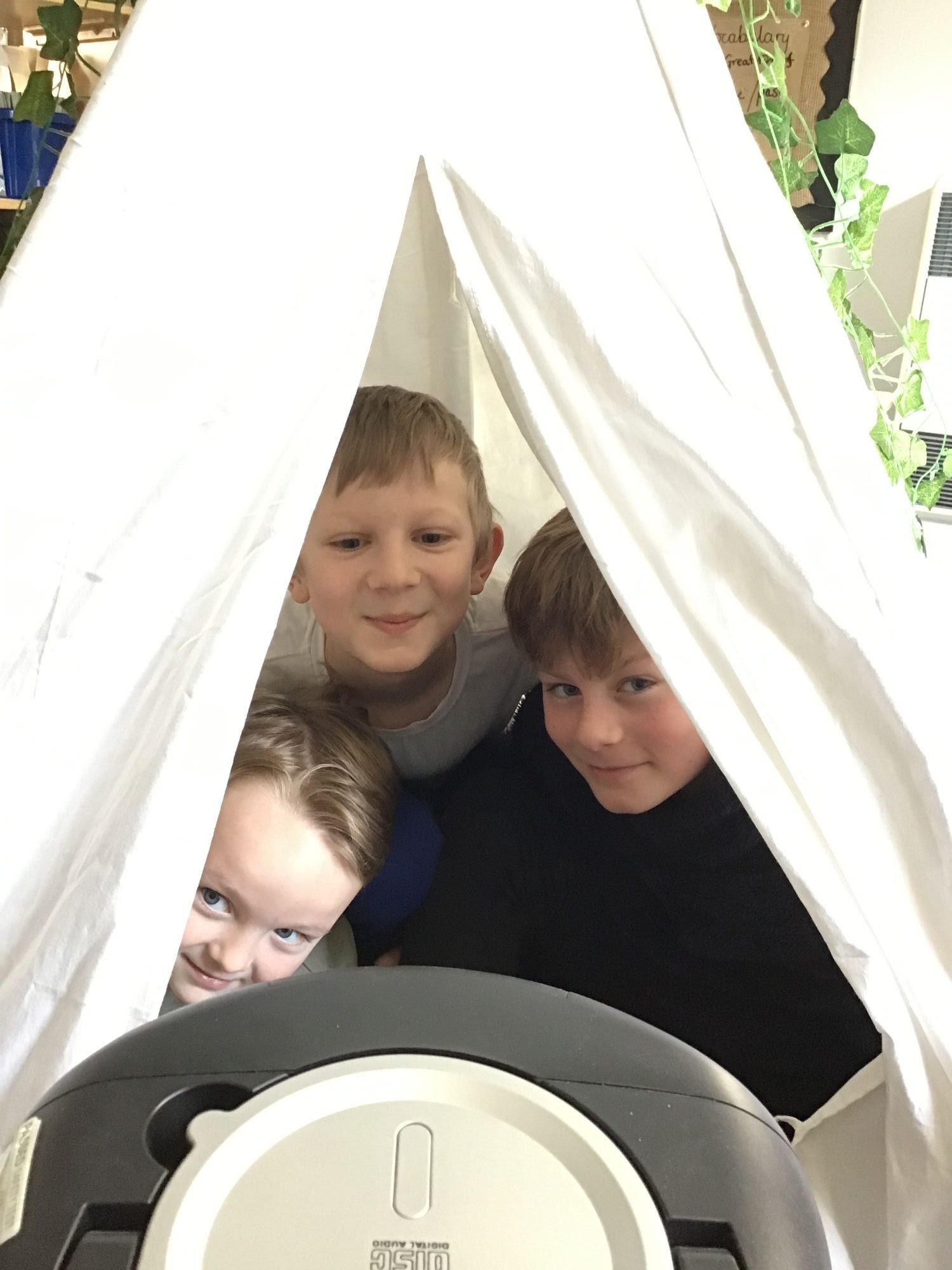English- Reading and Writing
English Curriculum
Our Three Big Ideas behind teaching and learning in reading are: Fluency, Comprehension and Pleasure
Our Three Big Ideas behind teaching and learning in writing are: Composition, Communication and Ambition
We believe that the skills inherent in reading and writing are interlinked and necessary for our pupils to become effective communicators in the modern world.
Intent
We believe that teaching English is fundamental as a stand alone subject, as well as an area of education that underpins all other curriculum subjects. We want our pupils to develop a lifelong love of reading and be able to effectively communicate knowledge, ideas and emotions both verbally and through means of written communication. English lessons take place daily and opportunities are also provided for children to develop their oracy, reading and writing across the wider curriculum. Our goal is for children to become confident speakers, thoughtful and reflective listeners, enthusiastic readers and engaging writers. Our intention is to expose our pupils to a wide range of quality texts, contemporary and classic, and provide them with the skills to analyse and enjoy them and be inspired by these texts as writers.
 Implementation
Implementation
Our approach to teaching reading is based on securing a full range of skills whilst developing a love of books. Our pupils are given many opportunities to listen to stories, share books with each other and choose both fiction and non-fiction texts. On starting school, they are encouraged to take books home to read and talk about with their parents and a dialogue is started between school and home in their reading record. We use a teaching approach based on systematic synthetic phonics as set out in the Little Wandle phonics scheme. It is structured and tailored to the needs of each individual until the end of Key Stage 1. From KS2, children access the Big Cat Reading Scheme which develops reading skills through a banded system. Teachers are part of the reading and writing experience, modelling handwritten example texts, sharing, guiding and editing writing together and reading aloud a class novel. Opportunities for drama, partner & group work are prevalent throughout the English curriculum and are an invaluable tool to help teach our pupils to speak clearly, convey their ideas fluently and to ask and answer questions.
Our pupils are actively encouraged to develop as increasingly competent and creative writers. We believe it is important that children see their work as having purpose and that they regard themselves as authors. Opportunities are provided for pupils to develop writing skills for a wide range of different purposes and audiences. We believe that all good writers edit and refine their writing over time, so we want children to develop independence in being able to identify their own areas for improvement during the writing process. All pupils are encouraged to take pride in the presentation of their writing by developing a regular joined, handwriting style.
believe it is important that children see their work as having purpose and that they regard themselves as authors. Opportunities are provided for pupils to develop writing skills for a wide range of different purposes and audiences. We believe that all good writers edit and refine their writing over time, so we want children to develop independence in being able to identify their own areas for improvement during the writing process. All pupils are encouraged to take pride in the presentation of their writing by developing a regular joined, handwriting style.
 We also include a Writing for Pleasure approach in our English curriculum, whereby pupils are encouraged to write independently, using their own ideas and making choices over content in their own time.
We also include a Writing for Pleasure approach in our English curriculum, whereby pupils are encouraged to write independently, using their own ideas and making choices over content in their own time.
Impact
By the time our pupils leave primary school we hope that they will have read widely and be able to competently compose a range of writing genres for effect.


